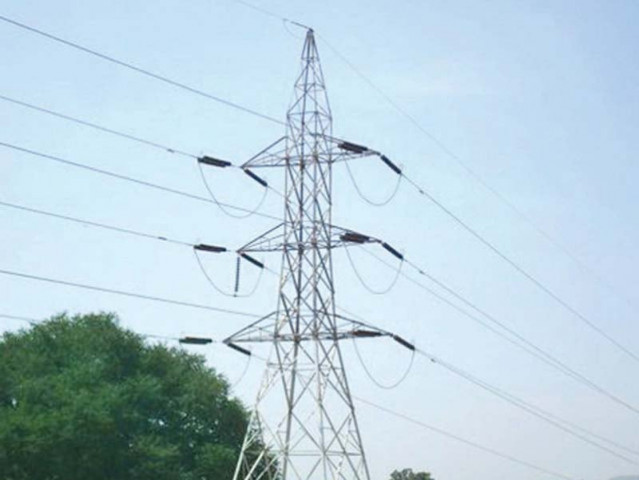Power companies at a standstill
Structural reforms have been implemented at a snail’s pace and in most cases none at all

Structural reforms have been implemented at a snail’s pace and in most cases none at all. PHOTO: FILE
Hence, it made sense to revamp, restructure and hand over strategic control to efficient managers. However, if the intention was not to put these up for strategic sale, then these three years should have been spent in rectifying basic issues these companies face. The government has done neither. So when one hears that shares of these companies will be floated on the stock exchange, there is skepticism. If control isn’t handed over, investors will not want a stake in the company even if liabilities are wiped clean since more losses will be in the offing due to the intrinsic inefficiencies these companies are plagued with. Handing over strategic control isn’t a path the government wants to pursue since it will result in massive layoffs, owning up billions in losses that would raise the budget deficit and ending up with higher power tariffs. So what choice does the government have? After three years of empty promises made to the public and the IMF, it seems not much would be achieved in the short time the PML-N has left. Structural reforms have been implemented at a snail’s pace and in most cases none at all. If the government can’t keep its commitment in return for billions of dollars from the IMF, there is very little chance it would keep its promises to the public.
Published in The Express Tribune, July 23rd, 2016.
Like Opinion & Editorial on Facebook, follow @ETOpEd on Twitter to receive all updates on all our daily pieces.














COMMENTS
Comments are moderated and generally will be posted if they are on-topic and not abusive.
For more information, please see our Comments FAQ